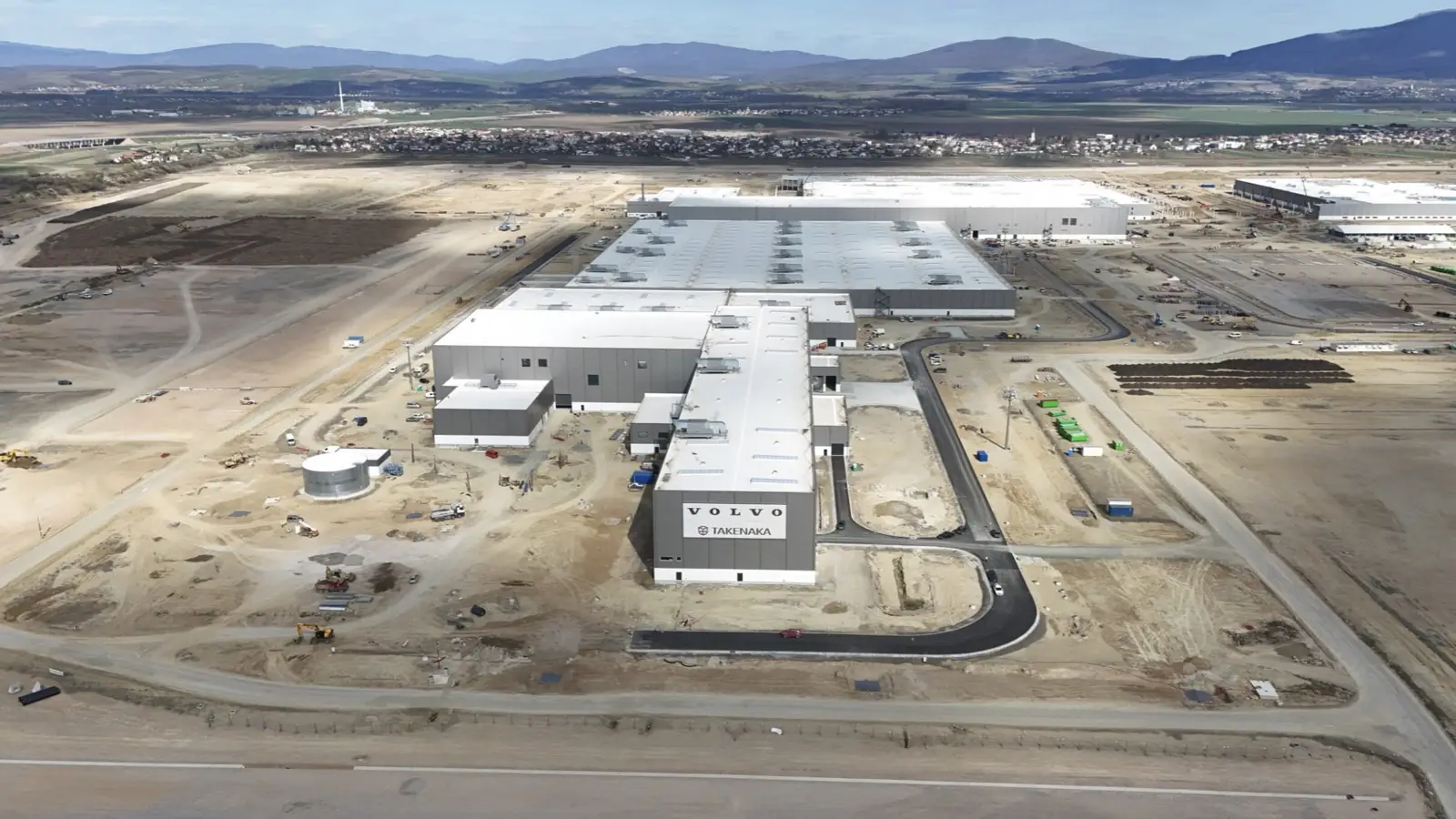Volvo Cars to Start Polestar 7 Electric SUV Production in Kosice

Volvo Cars will build the Polestar 7 electric SUV at its new Kosice plant in Slovakia from 2028, sharing tech with Volvo EX60 and next-gen EVs.
Volvo Cars and Polestar have officially confirmed plans to launch the new fully electric compact SUV, the Polestar 7, which will be produced at Volvo’s new plant in Kosice, Slovakia. A memorandum of understanding has been signed, setting the framework for collaboration, though final agreements are still pending.
The Polestar 7 is expected to hit the market in 2028 and will be the second model assembled at the Kosice facility, following an as-yet-unannounced next-generation Volvo model. Positioned as a premium compact SUV, the Polestar 7 is set to compete with the Tesla Model Y, BMW iX1, and Audi Q4 e-tron. Technical details such as range and pricing have not yet been disclosed, but it is confirmed that the SUV will use advanced Volvo and Polestar technologies like megacasting, cell-to-body architecture, and Volvo’s next-generation in-house electric motors.
The Kosice plant remains under active construction, with large-scale production now expected to start in early 2027. Designed to produce up to 250,000 cars annually, the site will create several thousand new jobs in the region. Volvo highlights that the factory will operate with climate-neutral energy as part of the company’s wider goal to achieve net-zero emissions by 2040. To support the project, Slovakia has secured substantial state aid — the European Commission approved an incentive package worth €267 million.
The local supply chain is also expanding: an industrial park for suppliers is under development near the plant, although specific partners and component providers have not been publicly confirmed yet.
This project continues a well-established partnership between Volvo and Polestar. The companies have previously collaborated on the Polestar 2 and Polestar 3, and are now deepening their synergies by sharing platforms and software infrastructure. Polestar maintains its position as a premium brand with a focus on progressive design and driving performance, while Volvo strengthens its lineup of safe, high-tech EVs for the mainstream premium segment.
Analysts point out that Europe’s EV market will keep growing — according to BloombergNEF, electric cars could make up over 50% of new car sales by 2030. Slovakia, already a strong automotive hub, aims to secure its place among Europe’s leading centers for electric vehicle manufacturing.
Volvo Cars closed 2024 with record profits and sales, while Polestar faces challenges as Volvo reduced its stake in the brand. In this context, the success of the Polestar 7 will be a significant indicator for Polestar’s long-term strategy. How this joint effort unfolds in the coming decade will be closely watched by the industry.
Mark Havelin
2025, Jul 05 15:00


